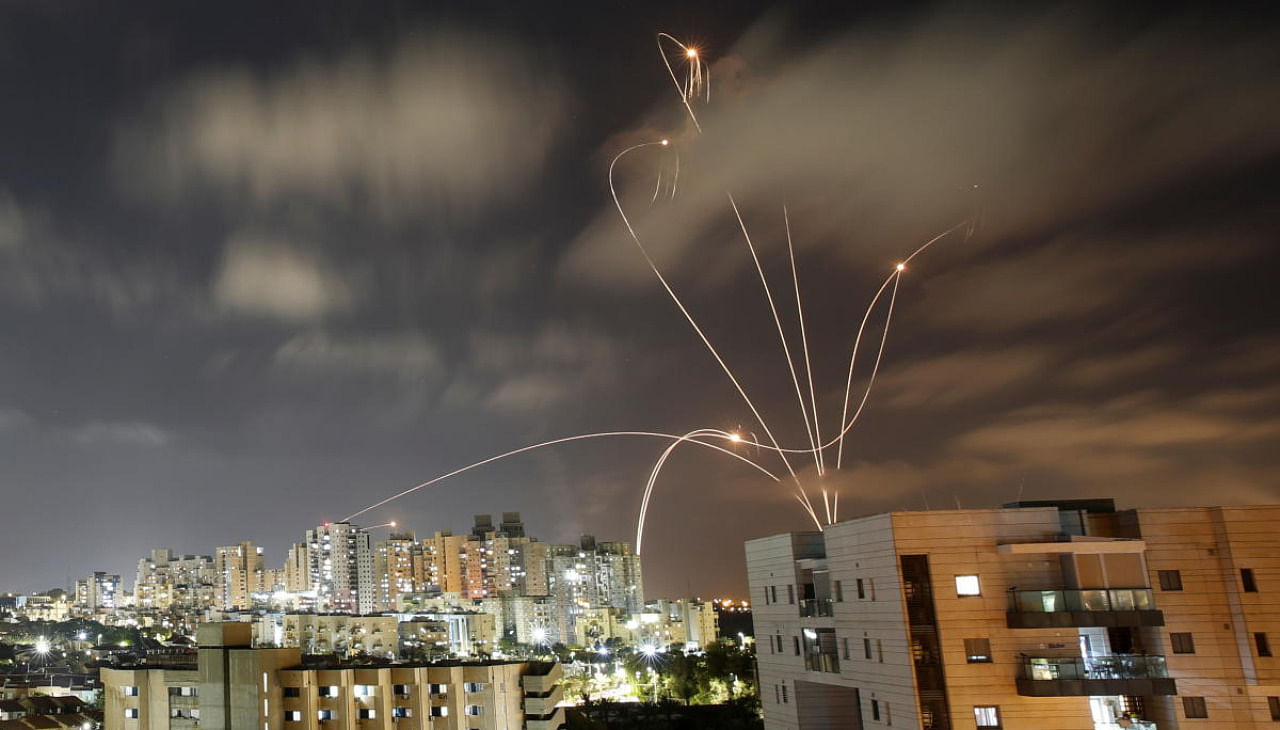
From deeply historical and religious differences to political deadlocks, hostilities between Israel and Palestine have been brewing for years. However, things have come to a boiling point this week with on-ground violence, aerial warfare and loss of life.
The recent escalation in tensions began when Israeli police troops stormed the Al-Asqa Mosque and injured worshippers who had stayed back after the final Friday prayers of Ramadan to protest a bid by Jewish settlers to evict Palestinian residents from their homes in east Jerusalem.
Throughout the Muslim holy month, anger had been building as a scheduled May 10 Supreme Court hearing on the issue neared, which coincided with Jerusalem Day, used by Israeli nationalists to commemorate the capture of Israel in 1972. Lower courts had already approved the evictions.
Palestinians charge that a 1970 Israeli law in practice gives only Jews the right to “reclaim” lost property in East Jerusalem, while no such recourse exists for Palestinians.
The storming of Al-Asqa Mosque, considered the third holiest site in Islam, led to days of clashes. Protesters pelted stones while Israeli police in riot gear shot rubber bullets. However, when the militant Palestinian group, Hamas, launched rockets into Israel, it began a cycle of airstrikes from both sides that has killed at least 83 people so far and injured hundreds.
The focal point of the conflict is what the evictions of Palestinian residents mean for the demographics of East Jerusalem, which contains some of the holiest sites in Islam, Judaism and Christianity.
At the heart of Jerusalem's hotly-contested Old City is the hill Jews know as Temple Mount, which is considered the holiest site in Judaism. Muslims refer to the same hill as The Noble Sanctuary, which houses the Dome of the Rock and Al-Aqsa Mosque. The area also has significance for Christians, who revere the city as the place where it is believed Jesus preached, died and was resurrected.
Israel considers the entirety of Jerusalem as its capital, while the Palestinians want the eastern section as a capital of a future state, which forms the crux of the dispute.
Palestinians and their advocates view the evictions as part of a larger Israeli strategy to make inroads into East Jerusalem at the cost of Palestinians.